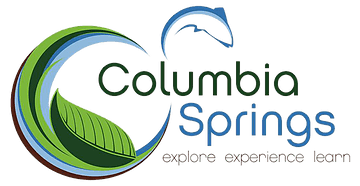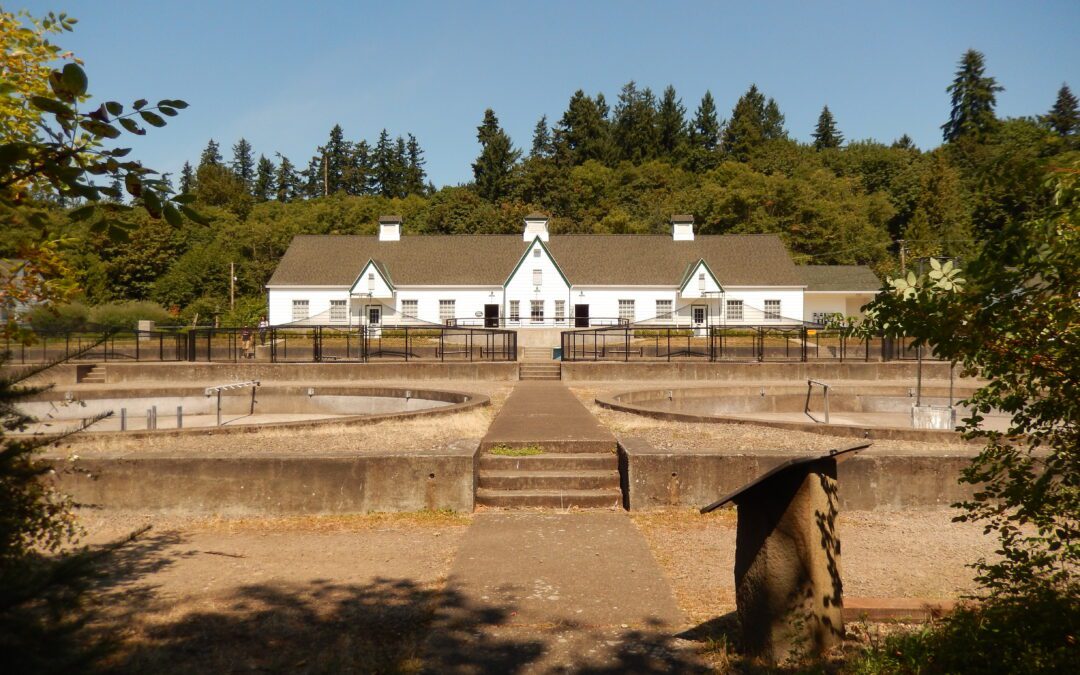
With a shared commitment to responsible stewardship of natural resources, WDFW and Clark Public Utilities partnered to create an environmental education center located on a beautiful 100-acre natural area alongside an active fish hatchery, with a mission to connect people with nature.
We created two nonprofit organizations to run Columbia Springs. Each nonprofit had a board of directors. The “Foundation” board included community members and raised money for day-to-day operations. The “Operating” board was made up of Columbia Springs partner representatives and ran the daily operations. I led both groups with Richard’s help. After a few years, we put the groups together into one. That was a smart move.

The partnership quickly outgrew what Richard and I could manage (we had day jobs, as well), so we hired an executive director. That was smart, too. Over 20 years, there have been four executive directors. Each one builds on the work of the previous directors. Many great community leaders have donated their time, talents, and treasures to help Columbia Springs. Many early leaders have passed away, but they left a great legacy.
Columbia Springs still does what it was meant to do: help people connect with nature. It’s in Vancouver, Washington, providing unique access to an almost 100-year old active hatchery on 100-acres of natural beauty within an urban area. Thousands of kids and adults come every year to learn about nature. We hope they learn to balance nature and development in their lives.

I was lucky to work with great people like Richard Johnson, our Clark Public Utilities partners, the Evergreen Public School District, Clark College, and others as Columbia Springs grew. But let me talk about the early days. There was a lot of garbage to clean out (multiple dump truck loads!), acres of non-native ivy and blackberries to remove, hatchery systems to upgrade, education facilities to build, and dreams to pursue and abandon. Thanks to the many people that pulled huge amounts of ivy and blackberries, built trails where there were none, constructed picnic tables, built the historic water wheel (Richard Johnson), and to the neighbors who donated historic items and tolerated the new “neighbor” as we grew.

